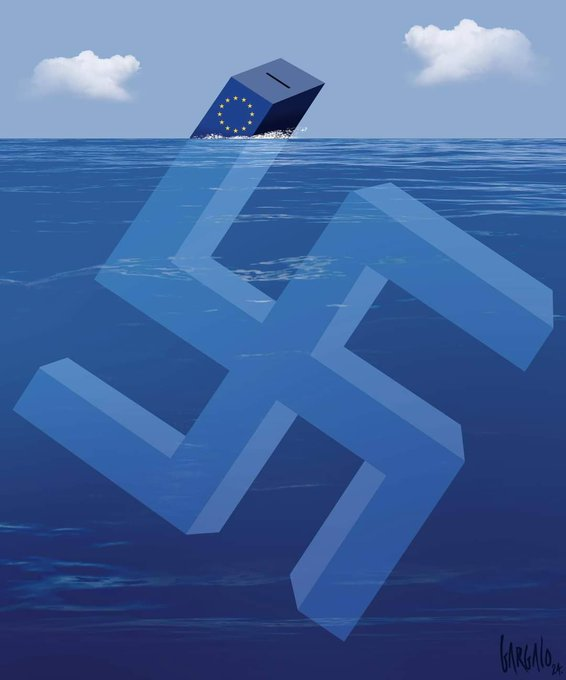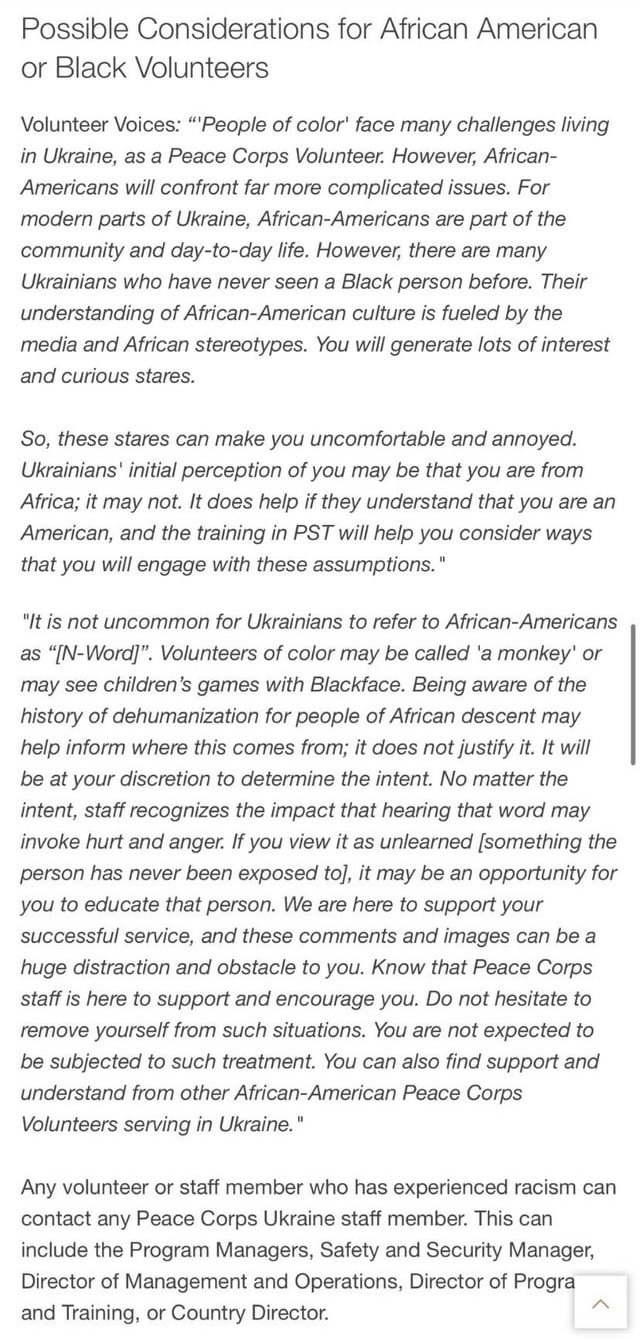As usual this is a liberal perspective, the author displays some befuddlement at times at things any Marxist would understand the reasoning for immediately. Just the same there are some gems that align with analysis I've seen here and they bear repeating and underlining and though there are no real shock revelations here it's good the Russians are getting the picture of the situation.
The desire of the US to dominate and its refusal to see other countries as equals, willing and able to assume equal responsibility for peace and stability, is the short answer to the question of why Moscow-Washington relations cannot get out of the current state of crisis. This attitude also leads the US to the same difficulties in its relations with China, India and even some of its own allies, such as Turkey.
The Russian and Chinese position is buttressed by the principle that peace is the result of compromise between the major centers of power, and that without their mutual agreement – without equality, mutual respect, a willingness to recognize each other’s interests, and adherence to the principle of non-interference in internal affairs – a stable order is impossible. The US believes, however, that peace is a deterministic given, and that no special effort is needed to maintain it. This leads to paradoxical solutions: the more weapons, the more peace. The West is not yet ready to become just one of the Atlanteans holding up the sky. It still believes it should be in charge.
There is still a paradigm gap between Russians and Americans in their understanding of the world in the 21st century. US experts believe that Russia is part of the West and will inevitably end up in the Western camp at the end of this crisis, with China as its opponent. This set of paradoxical ideas has been present in the American narrative since the early 1990s.
The Americans believe that ultimately Russia has no alternative, and will therefore accept any offer from Washington. With the dollar sure to remain as the dominant currency for the medium term, the US will be an important country. And much depends on its turbulent domestic political life.
When it comes to Ukraine, the Americans think in investment banking terms and say straight out that Ukraine is a fairly cheap instrument that serves two purposes: to weaken Russia and to stifle any voices in Europe calling for strategic autonomy from the US.
Over the past two years, Washington has found this method of mobilisation quite cheap. Indeed, Russia-EU relations have been disrupted, the main gas pipeline linking the Russian and Western European energy systems has been destroyed, Eastern Europe has been militarised, the US military-industrial complex has been strengthened, and economic activity has flowed from Europe to the US. The American economy has gained from this crisis, while the Western European economy has suffered badly.
What are the US objectives in the Ukraine crisis? It wants a weakened Russia, which has lost control of key advantages in the Eurasian space, such as in transport, economics, production and energy. The US wants to knock Russia out of the top five world powers and make it strategically secondary.
The US has been looking at Russia as a declining strategic player for some time. They were waiting for the moment when the country would leave the top-five leading countries in order to deal with China. Why did the US abandon negotiations with Moscow at the end of 2021, push Ukraine towards a military solution to the crisis, and then forbid it to negotiate with Russia? They believed that a quick victory over Russia was achievable, that the 52 countries the US had gathered in a coalition around Ukraine – their economies, resources, military arsenals, intelligence, satellite constellations, arms supplies, political intelligence and other support – would be enough to defeat our country.
The West had not properly assessed Russia’s potential and that of their own coalition, and the short-term goals they set themselves have proved unattainable.
They believe that a country whose economy apparently accounts for 3% of the world’s nominal GDP cannot fight the entire grand coalition on its own. But when Western countries have 65-80% of their GDP in the service sector, rather than in heavy industry and weapons-related areas, a situation arises in which Russia alone produces more artillery shells than all the Western states. This is a paradox that the US has not taken into account.
A paradox any Marxist will understand instantly. Financial capital built on mountains of speculation and consumption is no match in this situation for having actual means of production and the people to run them efficiently under a kind of psuedo war communism.

